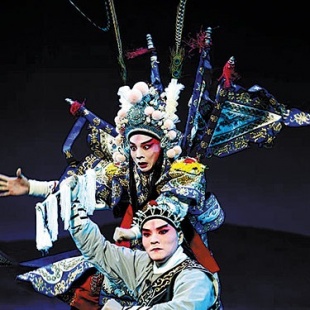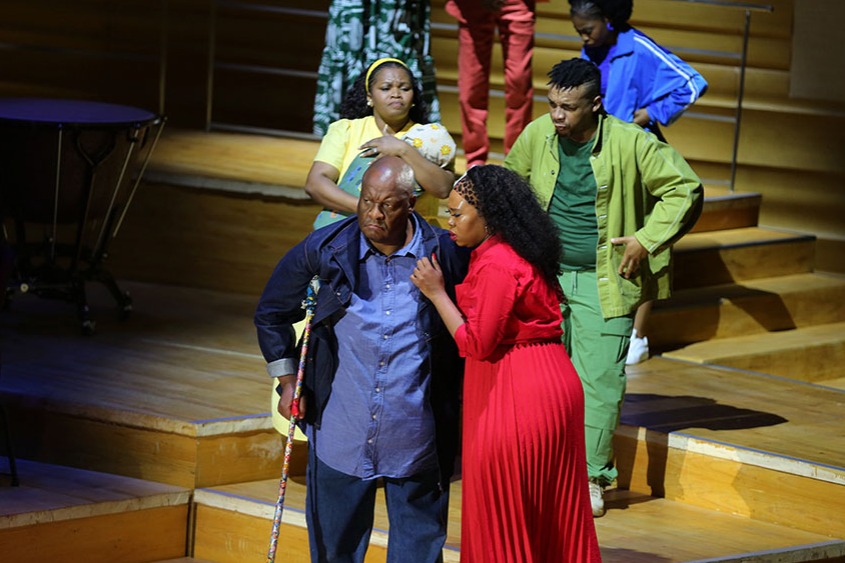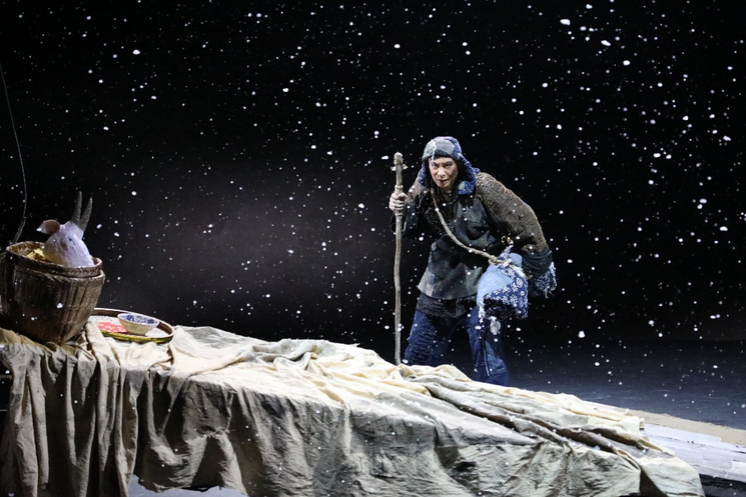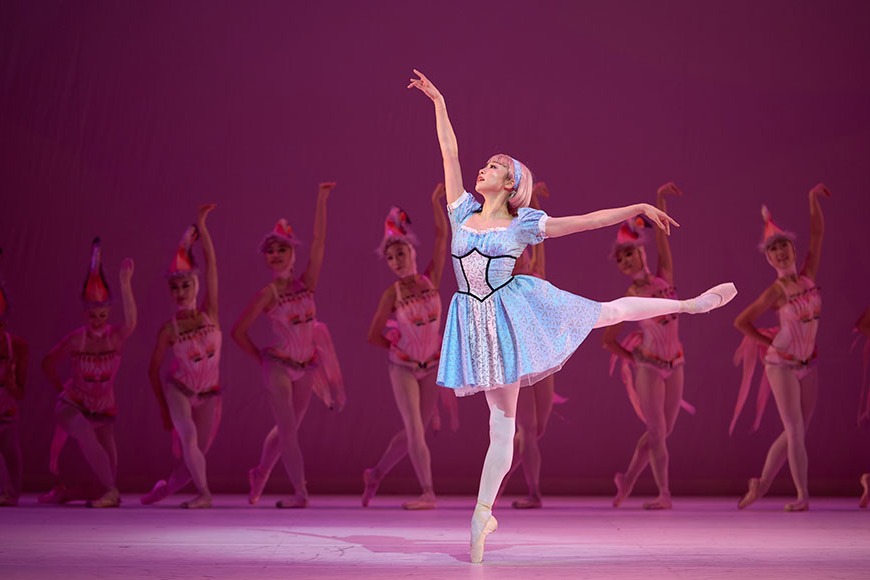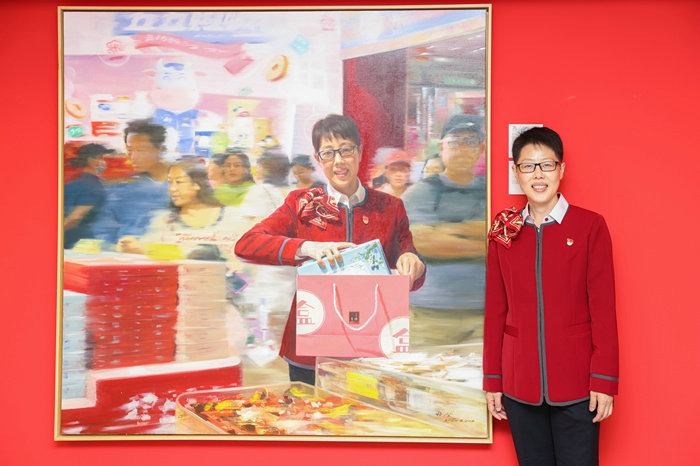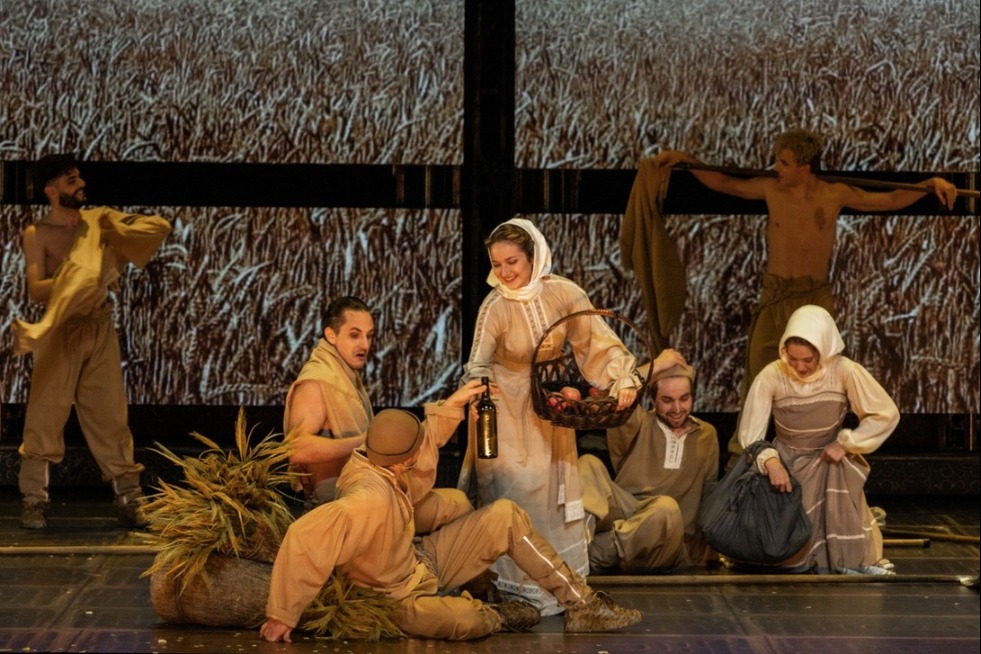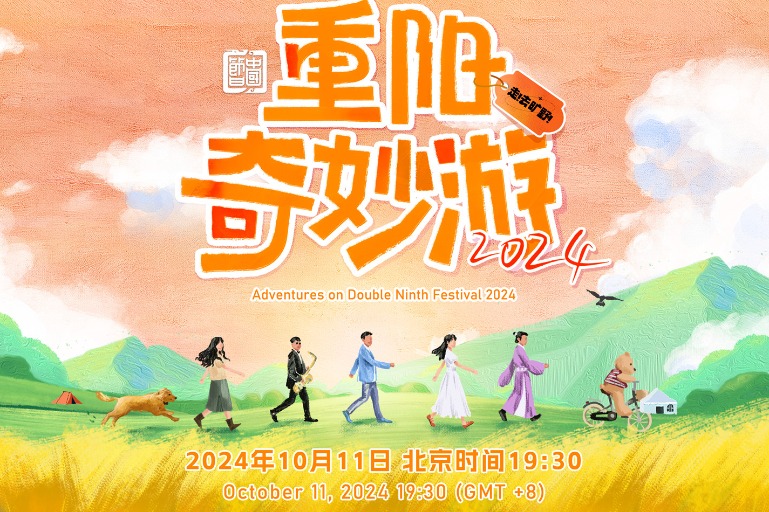Eastern flavor
Wuju Opera maestro promotes the local art form across the country, Ye Zizhen reports.

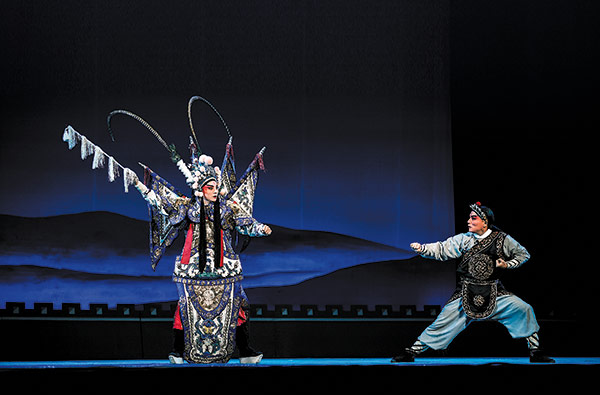
Lou Sheng's schedule is especially full this year. Trips overseas have dried up due to the pandemic, but the schedule gaps have created more opportunities to travel around China, and that has paid off in a growing band of fans for his Wuju Opera performances.
At the age of 13, he had started practicing singing, dancing and acting, with a single ambition in mind: to be a performer of the old art form one day.
"I vividly recall how much I enjoyed Wuju Opera shows in our village when I was young," Lou says.
"Other kids were excited because that's when they could buy and eat snacks from vendors around the stage. I was simply attracted by the actors and their performances."
Wuju, a local opera of Jinhua, Zhejiang province, has its roots in neighboring Anhui province, and comes from the Ming Dynasty (1368-1644).
The traditional art form differs from similar other art forms in southern China in many ways. For example, Wuju is sung mostly in Mandarin, so most Chinese audiences find it easier to understand and its tunes are high-pitched while others can be lingering.


